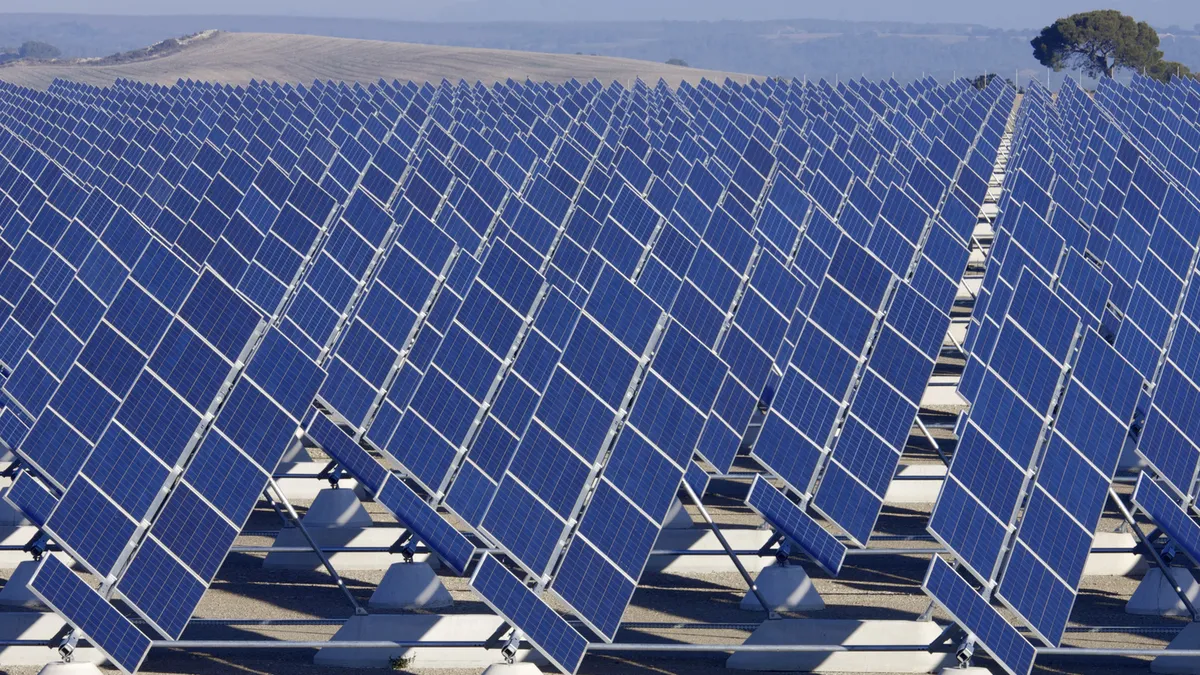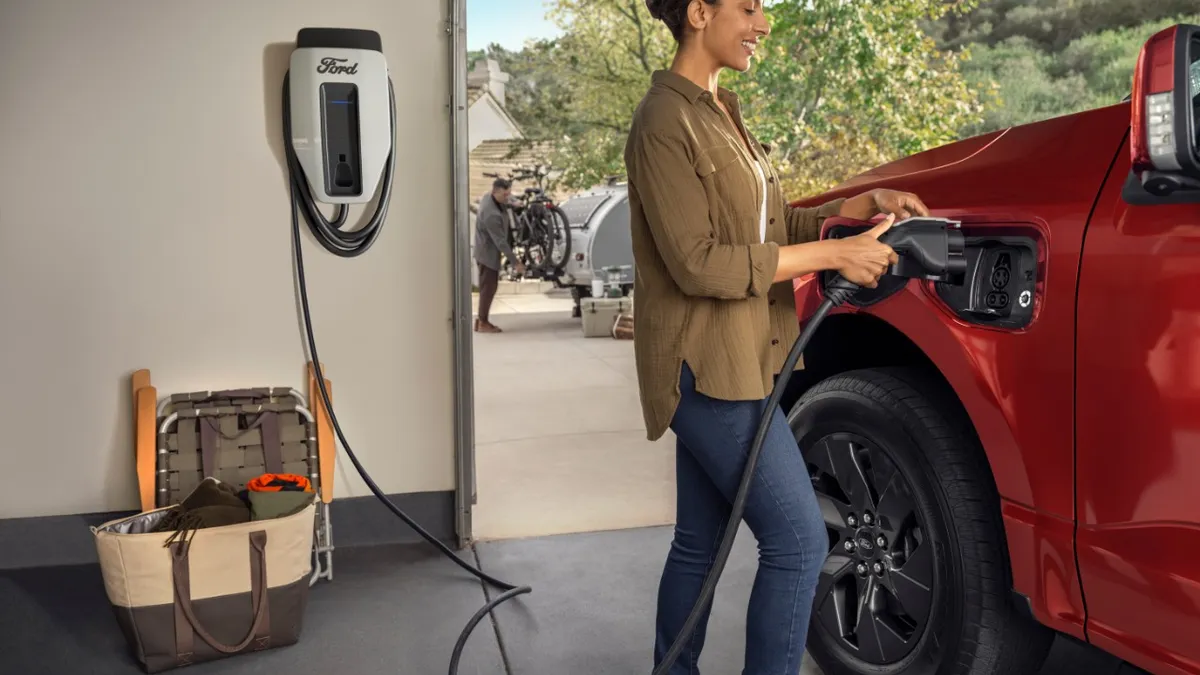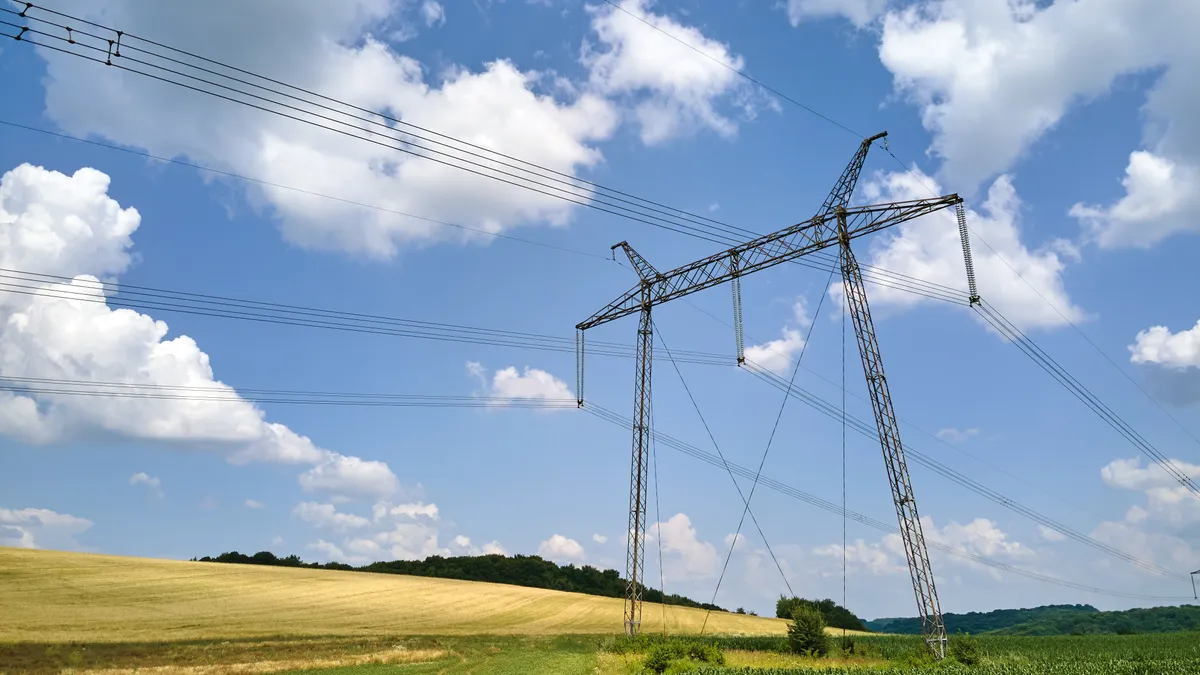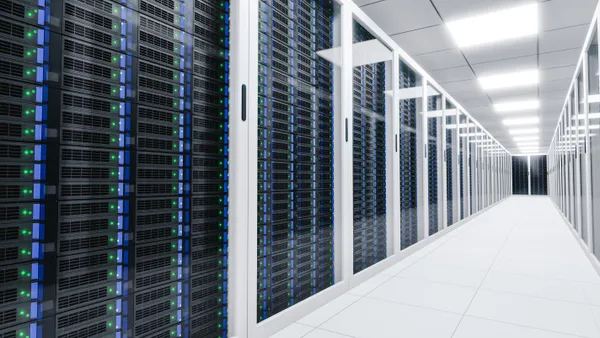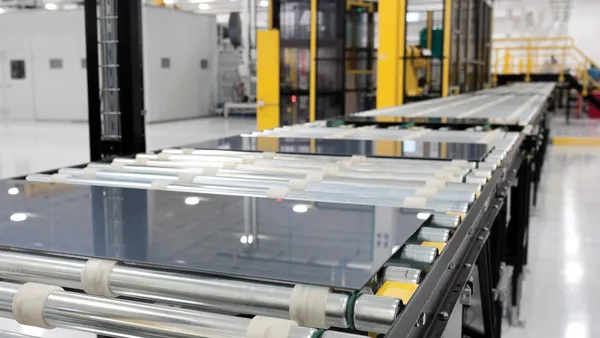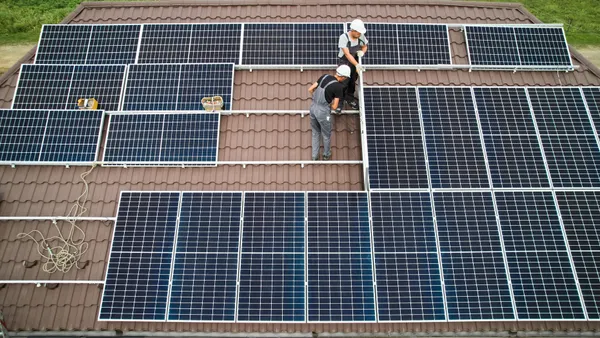Dive Brief:
- According to Charleston's Post and Courier, permits for solar installations in the state's Lowcountry region jumped from about 100 in 2015 to 1,400 last year. And installed capacity is expected to rise from just 78 MW to more than 1,500 MW over the next five years.
- New solar policies enacted in South Carolina since 2014 have given the state's industry a boost, including moves to authorize third-party ownership of systems and finalizing net metering rules.
- The bulk of the state's installed capacity was completed last year. According to a report from The Solar Foundation, in the fall of 2015 the state had less than 10 MW of solar capacity online.
Dive Insight:
South Carolina is a good example of the impact favorable solar policies can have: The state's rooftop renewables industry was virtually nonexistant in 2013, but is expected to add 500 MW this year.
"While the state has a robust solar resource, South Carolina lawmakers have only recently worked
to enact policies typically associated with solar industry growth," The Solar Foundation pointed out in its 2015 report on solar employment. A net metering policy was approved in March of 2015, about a year after the state allowed third-party ownership of solar installations.
The South Carolina Public Service Commission two years ago approved a settlement agreement between major utilities and environmental groups to allow rooftop solar owners to get full retail value for electricity their systems send to the grid. Solar systems installed before the end of 2020 will earn full retail value bill credit for each kilowatt-hour that goes to the grid.
The state passed Act 236, finalizing net metering and including a NEM settlement that raised the size limit of eligible systems from 100 kW to 1 MW and raised the cap on NEM systems from 0.2% of each utility’s peak capacity to 2%.
But analysts told Utility Dive it will be a state to watch for rooftop solar policy debates. Utilities are getting closer to hitting the the net metering cap, priming it for a contentious rooftop solar debate possibly this year.



